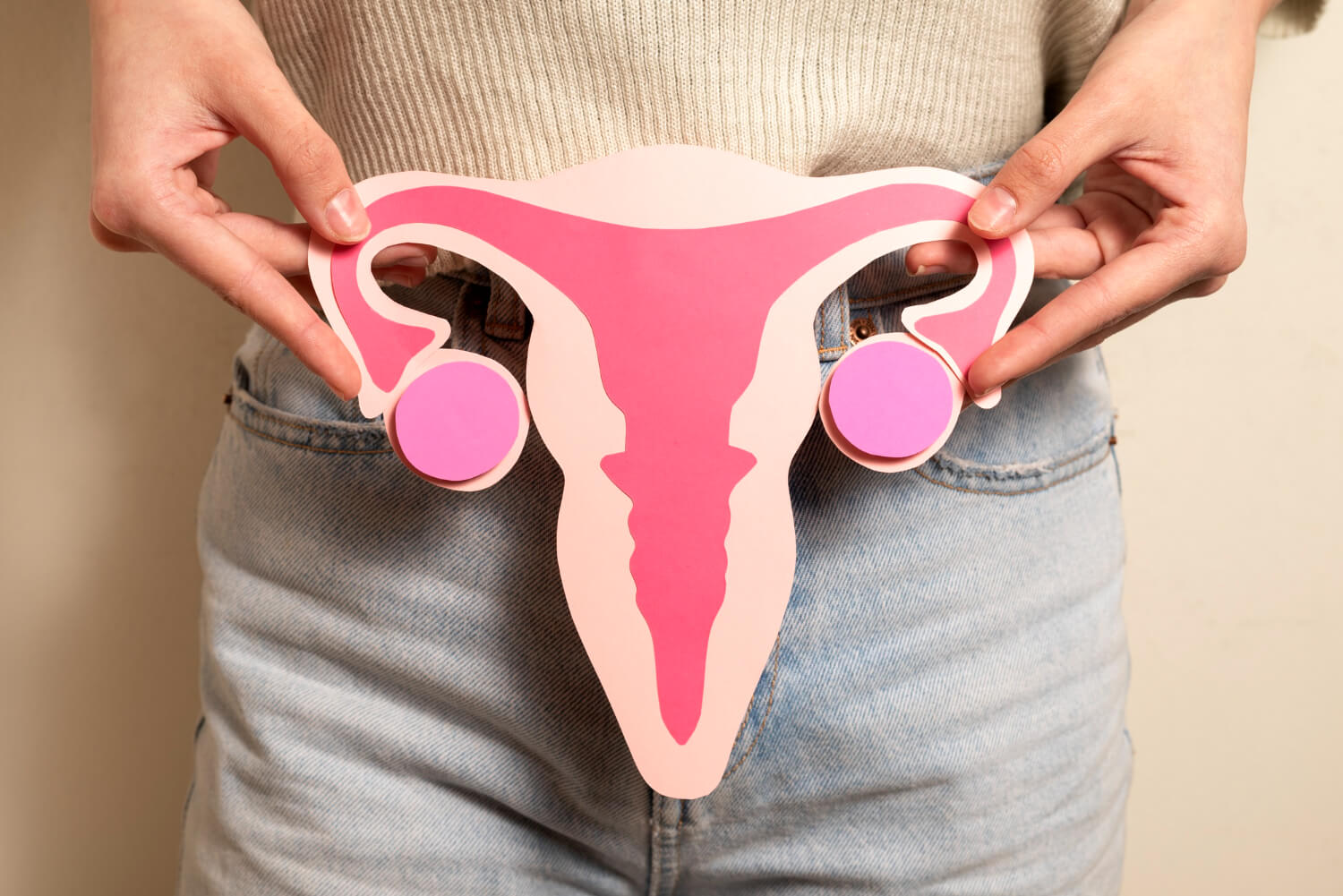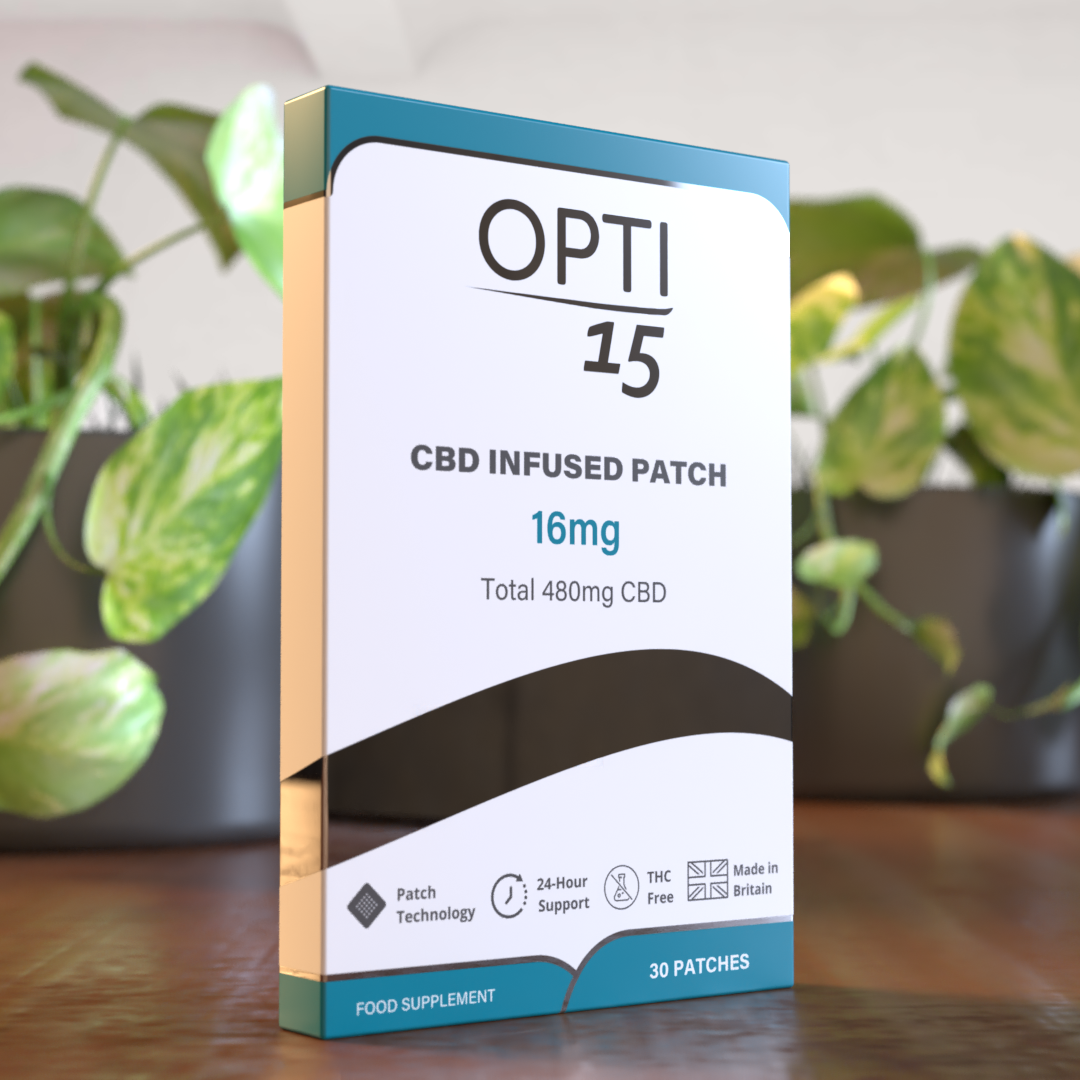Best Natural Supplements to Support Endometriosis Symptoms

Endometriosis is a complicated reproductive problem that is thought to impact approximately 176 million women globally, or 10% of all women. The number of women with endometriosis is estimated to be higher than this. Unfortunately, endometriosis is a fertility health condition that is frequently very difficult to identify.
What is endometriosis?
In endometriosis, endometrial cells that mimic the lining of the uterus grow outside the uterus, damaging the reproductive organs of women. These endometrium-like tissues most commonly form outside the ovaries, the fallopian tubes, and the pelvis. In extreme circumstances, it may spread outside of the reproductive system.
Causes of endometriosis:
The exact cause of this illness is unknown. Researchers are looking into potential reasons:
-
Issues with the menstrual flow: Endometriosis is most likely caused by retrograde menstrual flow. The fallopian tube allows some of the tissue lost during menstruation to enter other parts of the body, including the pelvis.
-
Genetic components: Endometriosis may be inherited in the genes since it runs in families.
-
Issues with the immune system: Endometrial tissue growing outside the uterus may be undetected and uneradicated by a malfunctioning immune system. Women with endometriosis are more likely to have immune system problems and some types of cancer.
-
Hormones: It seems that endometriosis is encouraged by the hormone estrogen. Researchers are investigating whether endometriosis is a hormonal issue.
- Surgery: Endometrial tissue may be accidentally picked up and relocated during abdominal surgery, such as a hysterectomy or Cesarean (C-section). Abdominal scars, for example, have been shown to include endometrial tissue.
Symptoms of endometriosis:
The most typical sign of endometriosis is low back and pelvic pain, particularly during the menstrual cycle. Instead of the cramping that many women get during their periods, endometriosis patients frequently endure excruciating pain that can be challenging to control. Additional symptoms consist of:
- Discomfort during sexual activity
- Discomfort when urinating or passing gas
- Heavy menstrual flow
- Bleeding in between the menstrual cycles
- Weariness and infertility
Women who are trying to manage the disease should find relief from symptoms, particularly if a treatment plan has not yet been developed. To help alleviate your symptoms, you may want to try several home remedies.
Natural ways to minimize the symptoms of endometriosis:
For women who have endometriosis, using nutritional supplements and herbs to promote a balanced inflammatory response for pain management can have a significant impact. Herbs and treatments that promote hormonal balance and aid the body's removal of extra, aberrant tissue can help promote this.
Herbs and natural supplements:
-
Dong Quai: A potent painkiller, also promotes a healthy immunological response and modestly boosts circulation to the reproductive organs. It can lessen the psycho-emotional symptoms of endometriosis, including fatigue and exhaustion.
-
Cinnamon: Cinnamon has been used to reduce excessive menstrual bleeding, which is a typical symptom of endometriosis in women. In addition to promoting good circulation to ease congestion and assist the body in preventing endometrial tissue from developing outside the uterus, cinnamon warms a cold uterus.
-
Yarrow: Achillea millefolium, or yarrow, is highly valued for its capacity to balance out symptoms. It is both warming and cooling, increases circulation, and is highly astringent. It also aids in cleansing while fortifying and tightening tissues. By promoting good circulation, yarrow can help lessen excessive menstrual bleeding and get rid of pelvic congestion.
-
Red raspberry leaf: The leaf of the red raspberry helps to restore blood flow during menstruation and tone the uterine muscles. As it is astringent, it may help stop excessive bleeding or misplaced endometrial tissue.
-
Antioxidants: Free radical stress in the body may contribute to the development of endometriosis. Fertility is lowered by free radicals because they age cells, including those in the reproductive system. Antioxidants may help neutralize free radicals in the body, restore reproductive health, and halt the inflammatory cascade that causes endometriosis.
-
Systemic Enzymes: Enzymes are essential for all physiological functions. In addition to creating new proteins, cells, tissues, and organs, they also decompose existing tissues. The concentration and potency of enzymes in the human body help it fight off illness, heal wounds, and preserve homeostasis.
- Melatonin: This hormone, which the body naturally produces for restful sleep, has been shown to help people with endometriosis sleep better and have less discomfort.

Home remedies:
Some home remedies that can help with day-to-day symptoms:
-
Heat: Heat may be helpful if your symptoms are getting out of control and you need relief. The pelvic muscles can be relaxed by heat, which lessens pain and cramping. For cramps, you can use heating pads, hot water bottles, or warm baths.
-
Bromelain: The enzyme bromelain present in pineapples, is also a helpful supplement. Bromelain, the antioxidant alpha lipoic acid, and the supplement N-acetyl cysteine have been shown in several studies to dramatically alleviate endometriosis-related pelvic pain.
-
Turmeric: People with endometriosis symptoms may benefit from turmeric's potent anti-inflammatory qualities. Turmeric's curcumin component has been shown in several studies to lessen endometriosis pain. Curcumin may lower inflammation and prevent the development of endometriosis, although the precise mechanism by which it accomplishes these goals is currently unknown.
Turmeric tea can be made with tea bags or turmeric root, or it can be taken as capsules.
-
Anti-inflammatory foods: The benefits of food on endometriosis require further research, but some studies suggest that an anti-inflammatory diet may help lessen pain. Although it won't provide immediate symptom alleviation, this may aid in long-term endometriosis management.
You might be able to lessen symptoms in the future by cutting out items that aggravate inflammation and adding more foods that have anti-inflammatory qualities to your diet.
-
Massage: According to some studies, massage therapy may be useful in helping endometriosis patients manage their pain. Osteopathy, which uses physical manipulation like massage, was found in another small trial to alleviate endometriosis symptoms.
-
Ginger tea: Endometriosis can cause nausea in certain individuals. Research has consistently demonstrated the safety and effectiveness of ginger tea, a well-known treatment for nausea.
Many supermarkets and grocery stores sell packets of ginger tea. If you're feeling queasy, soak one in a cup of hot water and then consume it.
- Yoga: Yoga is an age-old discipline that blends physical postures with meditation. It may alleviate the symptoms of endometriosis and is frequently used for stress alleviation.
A review of research conducted in 2018 found that yoga twice a week for eight weeks helped lessen pelvic pain in 15 endometriosis-affected women. Additionally, according to a reliable source, yoga may help with the symptoms of endometriosis, even though the research supporting its advantages was conflicting.
When to see a doctor:
See your doctor if you're having heavy or irregular periods, pelvic pain, or pain during intercourse. In addition to perhaps ordering an ultrasound, they will probably perform a pelvic exam. The diagnosis requires a surgical procedure called laparoscopy,
It's also crucial to consult your doctor if you have endometriosis and intend to become pregnant because it can lead to infertility.
Your physician might suggest the following therapies:
- Painkillers
- Hormone therapy, which may lessen symptoms and prevent endometrial growth
- Surgery, which removes tissue similar to the endometrium
- Hysterectomy, which removes the uterus (remember that you cannot carry a pregnancy after this procedure).
Conclusion:
Living with endometriosis can be challenging. However, pain may be lessened with the use of natural supplements and herbs. They can help you feel better and support your body. Select the supplements that are most effective for you. Consult your physician before beginning any new activity. Combine a healthy lifestyle with vitamins. Real relief can come from small adjustments. There is hope for better times ahead, and you are not alone.
References:
https://womenshealth.gov/a-z-topics/endometriosis
https://pmc.ncbi.nlm.nih.gov/articles/PMC11290193/
https://www.self.com/story/12-signs-of-endometriosis
https://obgyn.onlinelibrary.wiley.com/doi/abs/10.1002/ijgo.12576


